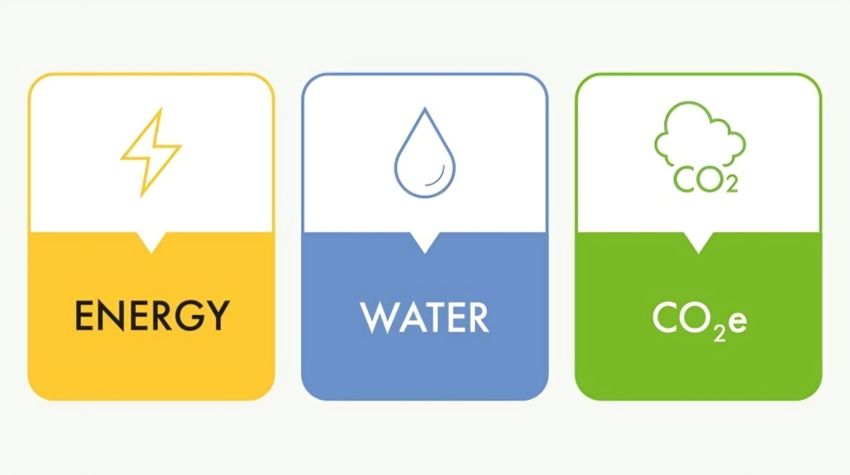UPM Raflatac has set a new labeling industry standard by embedding product footprint data directly into customer quotes. These product footprints, known as product passport prototypes (PPPs), provide label converters with transparent environmental data, helping them to make informed material choices and to reduce Scope 3 emissions* at source.
The PPPs are automatically linked to UPM Raflatac quote documents, giving its customers a full assessment of their label material’s environmental impact. Each PPP offers an array of environmental metrics over the entire lifecycle of the label, enabling converters to assess and minimize their footprint, even at the early purchasing stage. With raw materials accounting for 70–90% of converters’ total environmental impact, access to real-time footprint data is critical for helping them make more sustainable decisions. PPPs also give converters a competitive edge by helping them respond quickly to customer inquiries about sustainability.
“The new feature is a game-changer for how we evaluate sustainable performance of materials and make better, more informed choices on the right environmental selection for our customers and our vision of No Waste,” says Jason Fuller, Procurement Category Manager of COVERIS, a leading European packaging company.
As corporate sustainability regulations tighten, access to comprehensive environmental data is more crucial than ever. The Ecodesign for Sustainable Products Regulation (ESPR) will soon require certain products sold in the EU to include a digital product passport (DPP). This makes the introduction by UPM Raflatac even more timely. The PPPs featured in quotes are generated by UPM Raflatac’s LCA service Label Life, which has been externally validated by DEKRA.
“The PPPs already cover over 90% of UPM Raflatac’s label products by sales volume globally. We are proud to offer this exclusive service in our customer quotes as the first player in the labeling industry,” says Flora D’Souza, Manager, Label Life, UPM Raflatac.
*According to the GHG Protocol, “Scope 3 emissions are all indirect emissions (not included in scope 2) that occur in the value chain of the reporting company, including both upstream and downstream emissions.” These include emissions from purchased materials, transportation, processing, and disposal.



